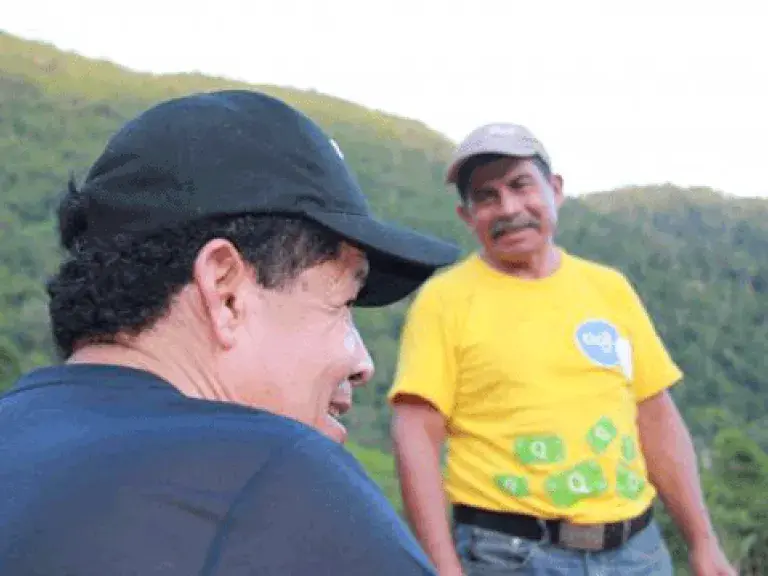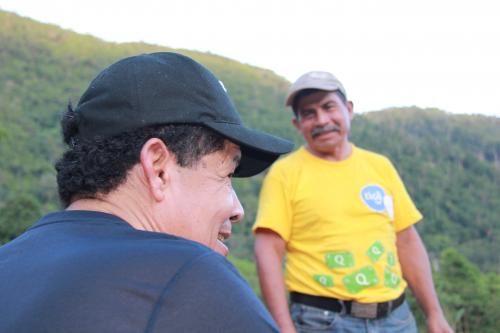

In early October, Edin Tot, Rodrigo’s eldest son was murdered and his second son was seriously injured during what appeared to be a staged robbery. The murder and repeated threats against community representatives led the Inter-American Commission on Human Rights to grant the Center’s request for precautionary measures protecting leaders of the Agua Caliente community. The measures ask the government of Guatemala to immediately investigate, identify, and punish those responsible for the murder.
This tragic incident is not an isolated event. In October, the government of Guatemala was heavily criticized by the international human rights community for deploying military forces in response to a peaceful protest in Totonicapán that resulted in the deaths of eight indigenous people and 30 more protesters injured. Guatemala’s violent history towards indigenous peoples must not be allowed to continue.
Regardless of the violence, the Center is encouraged by the strength and spirit of the indigenous peoples across Guatemala who continue to fight for their human rights.
We will continue to work with the Inter-American Commission to protect Rodrigo, his family, and Agua Caliente community. While the Commission's protection order for Agua Caliente’s leaders is a positive step; increased violence throughout Guatemala remains a serious concern. The Center strongly believes that raising the profile of the leaders we work with at the international level is one of the most effective ways to protect their human rights and security. We are moving forward with plans to bring Rodrigo, Carlos Pop, local counsel in the case, and a representative from our partner organization, Defensoria Q’eqchi’, to Washington, D.C., in March, 2013. We will arrange meetings with the Commission, U.S. government officials, human rights organizations, and others to create awareness about their daily struggles to protect their rights and environment.
 We will stand behind them, and we ask you to as well. As this year comes to a close, please make a contribution to support these important efforts to protect not only the indigenous peoples of Guatemala but all of our efforts throughout the Americas. Join us in the journey to bring peace to and protect those most in need.
We will stand behind them, and we ask you to as well. As this year comes to a close, please make a contribution to support these important efforts to protect not only the indigenous peoples of Guatemala but all of our efforts throughout the Americas. Join us in the journey to bring peace to and protect those most in need.
Yamni sut ra,
Armstrong Wiggins
